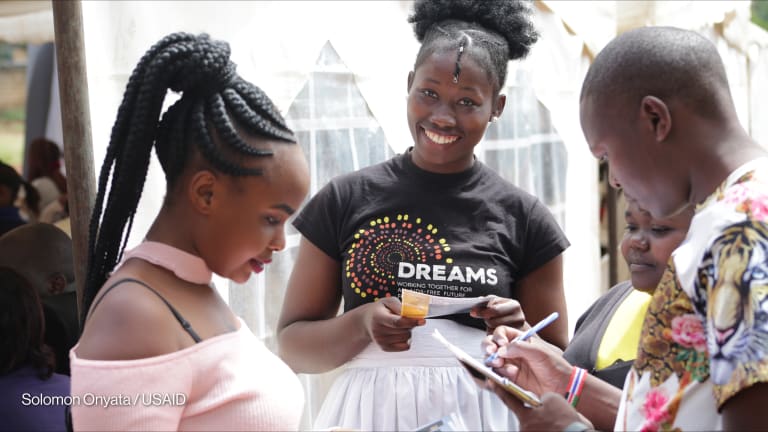After rapid growth, US nonprofit seeks African CEO for its next chapter
For 15 years, Dianne Calvi has been at the helm of Village Enterprise — a nonprofit focused on ending extreme poverty in Africa. During that time, she has helped the organization transform: by 2024, Village Enterprise’s $1 million budget had grown to $20 million, while its workforce had gone from 13 people to nearly 500.
But in 2025, Village Enterprise — like nearly every organization in the aid sector — faced a turning point. It had lost a quarter of its budget due to USAID cuts. It was forced to lay off 100 staff. And it launched a “strategic response fund” to help the organization fill the gaps.
Now more than ever, Calvi said, Village Enterprise needed to make a long-anticipated change: hiring an African chief executive officer to take the organization forward.
Search for articles
Most Read
- 1
- 2
- 3
- 4
- 5








